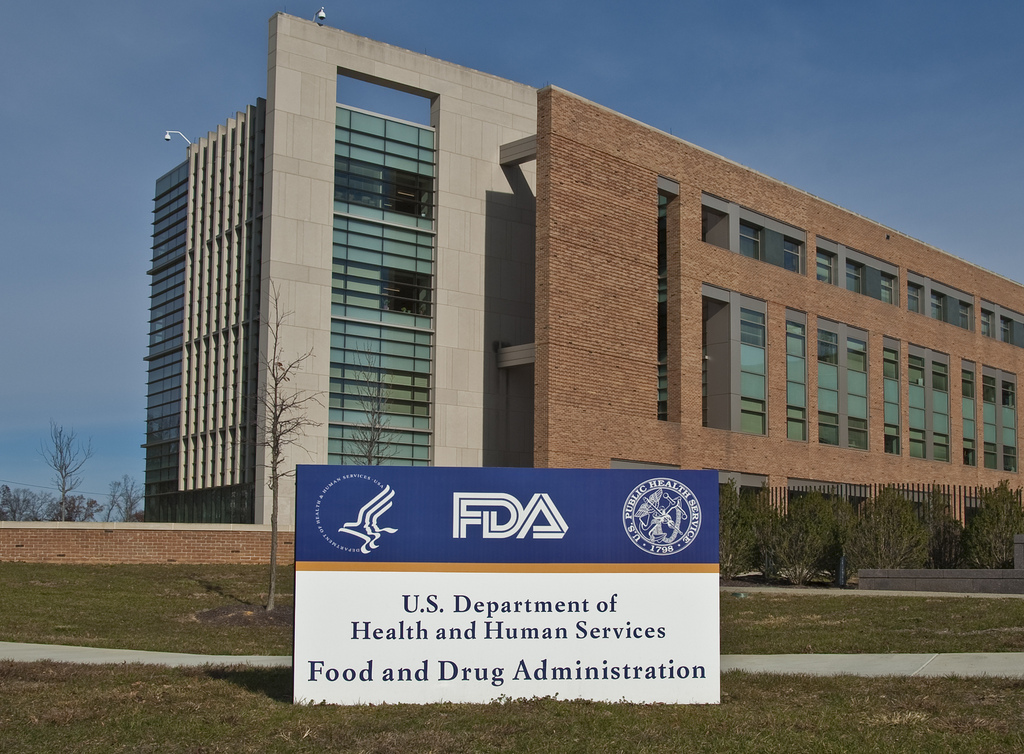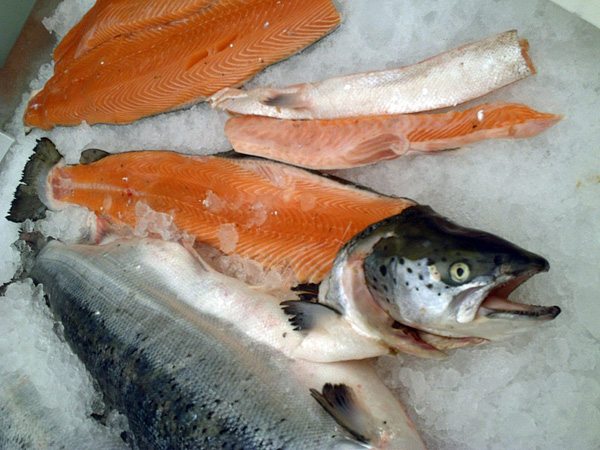From farm to table, modern-day consumers want to know everything about their food, and a new scanning tool has the potential to put even the most curious consumers at ease.
The Food Safety Authority of Ireland (FSAI) has created the first of its kind non-targeted DNA food scanner. The scanner can depict the biological makeup of a food item and can be used to track alternative ingredients in mislabeled products associated with food fraud.
The creation of the DNA scanner is attributed to the rise of food adulteration over the last few years and the public safety concerns that unidentified ingredients present, such as potentially harmful allergens.
The new analytical scanning device, known as next-generation sequencing (NGS), works by scanning the food items entire DNA makeup and comparing the actual ingredients identified by its profile, with those declared on the label.
Prior to this, regulators had to program software to identify a specific DNA molecule in a food item, this was known as targeted DNA analysis. The new NGS software uses a “non-targeted” approach that helps with tracing all forms of DNA in food.
Pat O’Mahony, the Chief Specialist of Food Science and Technology, at FSIA says this process builds on their past successful experiences using targeted DNA analysis on food items like processed chicken cutlets containing beef and pig remnants. In previous studies, targeted DNA analysis was also used to detect mislabeled seafood and traces of horse meat found in beef products. Leading the organization to continue exploring new ways to utilize DNA tracing for food safety.
“Even with the restriction of having to target the DNA of certain plant or animal species in previous studies, the FSAI has been able to detect food allergens and GMOs and demonstrate the mislabelling of fish products, said O’Mahony. “Of course, targeted DNA analysis was also the method used by the FSAI in discovering horsemeat in beef products, which ultimately brought the global awareness of food fraud to a new level.”
NGS was tested on 45 different plant-based food products and food supplements in local grocery stores around Ireland. The DNA scanner found 14 food products out of the 45, that contained undeclared plant ingredients not sourced on their food labels.
“It is now possible to scan the entire DNA content of food without any prior knowledge or suspicion of what may or may not be present in that food,” continued O’Mahony.
One unidentified plant species contained large remnants of mustard, which is an ingredient labeled as allergenic under EU law, making it legally required to be displayed on food items in Ireland. In addition to this, a variation of oregano contained two traces of plants that were unidentifiable, another striking find was a plant-based food product that contained zero traces of the ingredients indicated on its packaging. These food items are still under investigation.
“Our two-year project has proved that next-generation sequencing has the capacity to screen a variety of plant-based foods for the presence of undeclared plant species,” he said.
According to O’Mahony, it’s important to understand that any results of a scan will always need to be corroborated by other established analytical techniques. Going forward the FSAI hopes to expand its applications to include many other food items.
“The plan is that in the future, the FSAI will apply the same technology for the screening of meat, poultry and fish products,” concluded Dr. O’Mahony.
As global trade grows, food safety and integrity are prominent issues for both domestic and global manufacturers, this DNA device has the potential to greatly impact how food fraud is regulated around the world.












Join or login to leave a comment
JOIN LOGIN